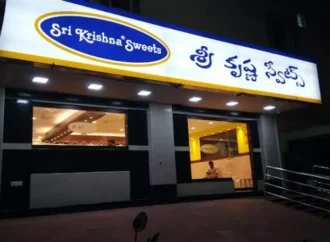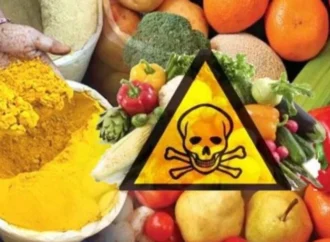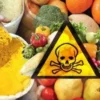In this blog post, we’ll explore the regulations and authorities responsible for monitoring food safety and adulteration at various levels.
-
International Organizations
At the international level, several organizations work to establish global standards and guidelines for food safety and quality. The World Health Organization (WHO) and the Food and Agriculture Organization (FAO). They collaborate on the Codex Alimentarius, a comprehensive set of international food standards, guidelines, and codes of practice. Recognizing the importance of these standards and integrating them into its regulatory framework to ensure Food safety across the nation.
-
National Regulatory Agencies
Food safety regulations are enforced by national regulatory agencies tasked with overseeing the production, distribution, and sale of food products. In India, the Food Safety and Standards Authority of India (FSSAI) serves as the regulatory authority for food safety and labelling requirements. The FSSAI plays a crucial role in ensuring the safety and quality of food products available in the Indian market. It establishes standards, regulates food manufacturing and processing, conducts inspections, and enforces labelling requirements to protect consumers from adulterated food products. These agencies conduct risk assessments, set standards, and enforce regulations to protect public health.
-
Local Health Departments:
At the local level, health departments play a critical role in monitoring food safety and enforcing regulations within their jurisdictions. Local health inspectors conduct routine inspections of food establishments. Such as restaurants, grocery stores, and food processing facilities, to ensure compliance with sanitation and hygiene standards. They also investigate foodborne illness outbreaks and respond to consumer complaints related to food safety and adulteration.
-
Consumer Advocacy Groups:
Consumer advocacy groups are important in advocating for food safety and transparency in the food industry. These organizations conduct research, raise awareness about food safety issues, and advocate for policy changes to protect consumer interests. They may also provide resources and information to help consumers make informed choices about the food they purchase and consume.
Conclusion
Monitoring food safety and adulteration requires a coordinated effort. It involves international organizations, national regulatory agencies, local health departments, specialized agencies, and consumer advocacy groups. By working together, these entities strive to ensure the safety and integrity of the food supply chain and protect public health. Consumers can also play a role by staying informed about different issues. food safety issues, reporting concerns to authorities, and advocating for policies that promote transparency and accountability in the food industry.
 Food Manifest
Food Manifest 



















Leave a Comment
Your email address will not be published. Required fields are marked with *